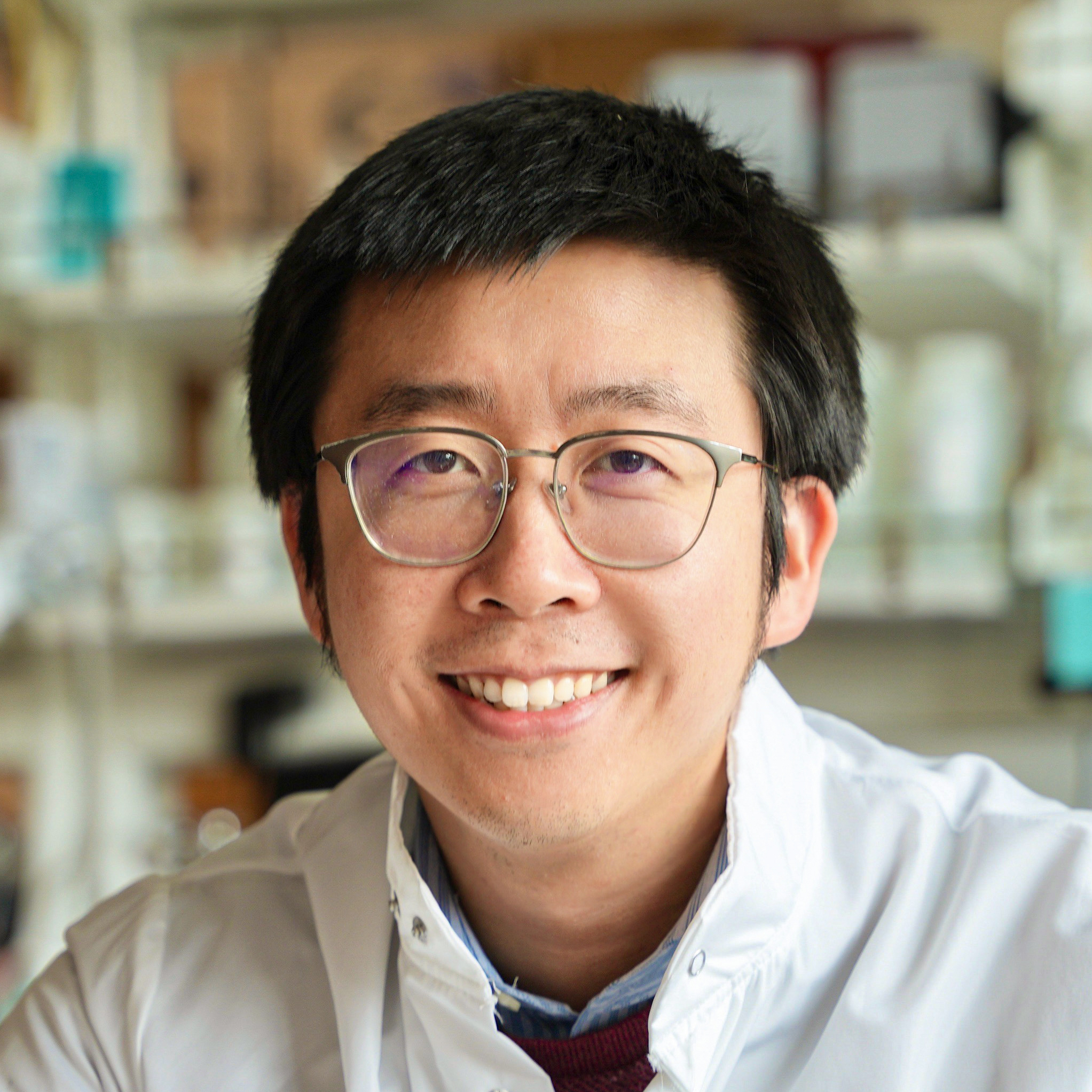
- This event has passed.
CBE Seminar: “Genetically Encodable Designer Biomaterials” (Shunzhi Wang, University of Washington)
February 12 at 3:30 PM - 4:30 PM
Abstract:
Nature harnesses genetic sequences to encode structural information and emergent physical and chemical transformations required by life processes. Such orchestration is achieved through hierarchical self-assemblies driven by weak molecular interactions and optimized via evolution. However, emulating this level of programmability to create designer biomolecular materials remains a grand challenge. In this seminar, I will present our recent progress in developing integrated computational and experimental methods to create de novo protein nanomaterials with previously unattainable architectures and properties. I will first introduce a general approach to design 3D de novo protein crystals as genetically encodable materials with promising intracellular applications. Next, inspired by AlphaGo’s success in playing board games, we trained AI agents to generate proteins by creating custom rules and rewards. Our approach enables the top-down blueprinting of complex protein architectures with desired system properties and demonstrates the power of reinforcement learning in protein design. Finally, I will describe a modular bond-centric approach to streamline protein nanomaterial generation from standardized building blocks using simple geometric principles, which also enables reconfigurable assembly networks. Further, by deliberately introducing geometric frustration to break perfect point-group symmetry, we show the predictable formation of quasi-symmetric protein particles with tailorable sizes ranging from 40 to over 200 nm. Thus, the quasi-symmetry that has long fascinated structural biologists can now be designed, with immediate applications in biologics delivery and molecular cell biology. Our findings highlight the potential of computational protein design to develop programmable biomaterials, rapidly approaching and potentially surpassing the capabilities of DNA nanotechnology, paving the way for transformative advances in human health and sustainable development.

Shunzhi Wang
Postdoctoral Fellow
Shunzhi (Andy) Wang is currently a BWF-CASI postdoctoral fellow in Prof. David Baker’s lab at the University of Washington. His research integrates computational protein design and programmable self-assembly to develop de novo protein architectures for fundamental biomaterials research and technologies that improves human health. Shunzhi received his PhD in Chemistry from Northwestern University under the guidance of Prof. Chad Mirkin, where he discovered particle analogs of electrons in colloidal crystals engineered with DNA. He graduated summa cum laude from the University of North Carolina at Chapel Hill with a BS in Chemistry.
